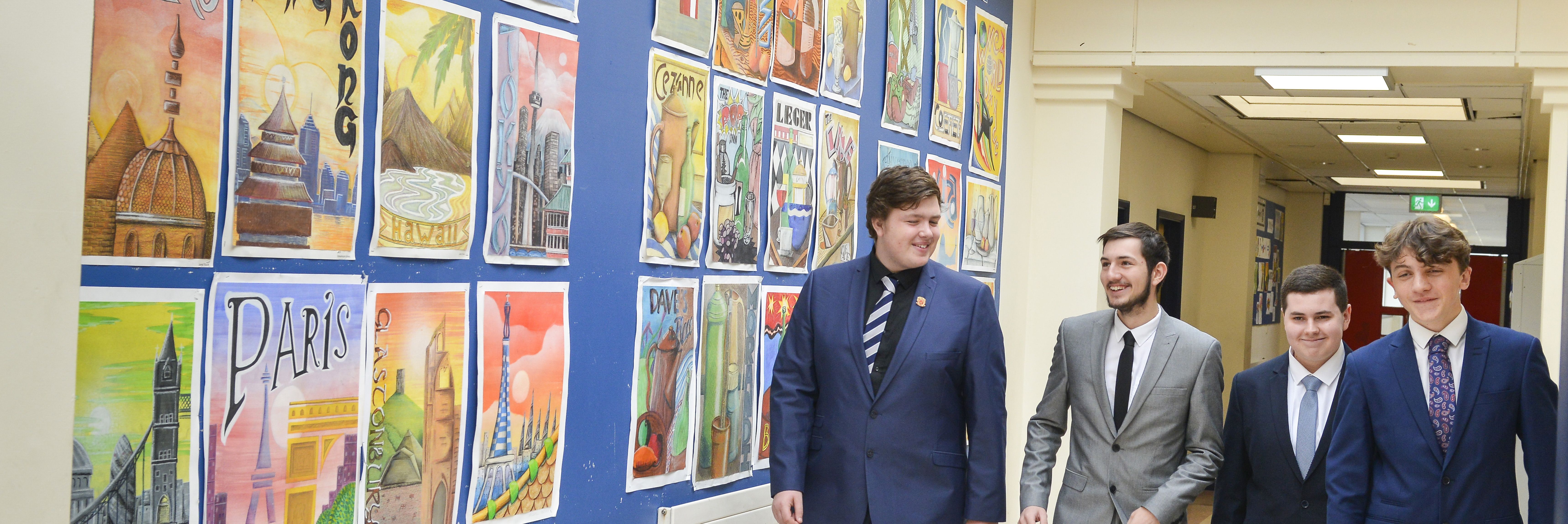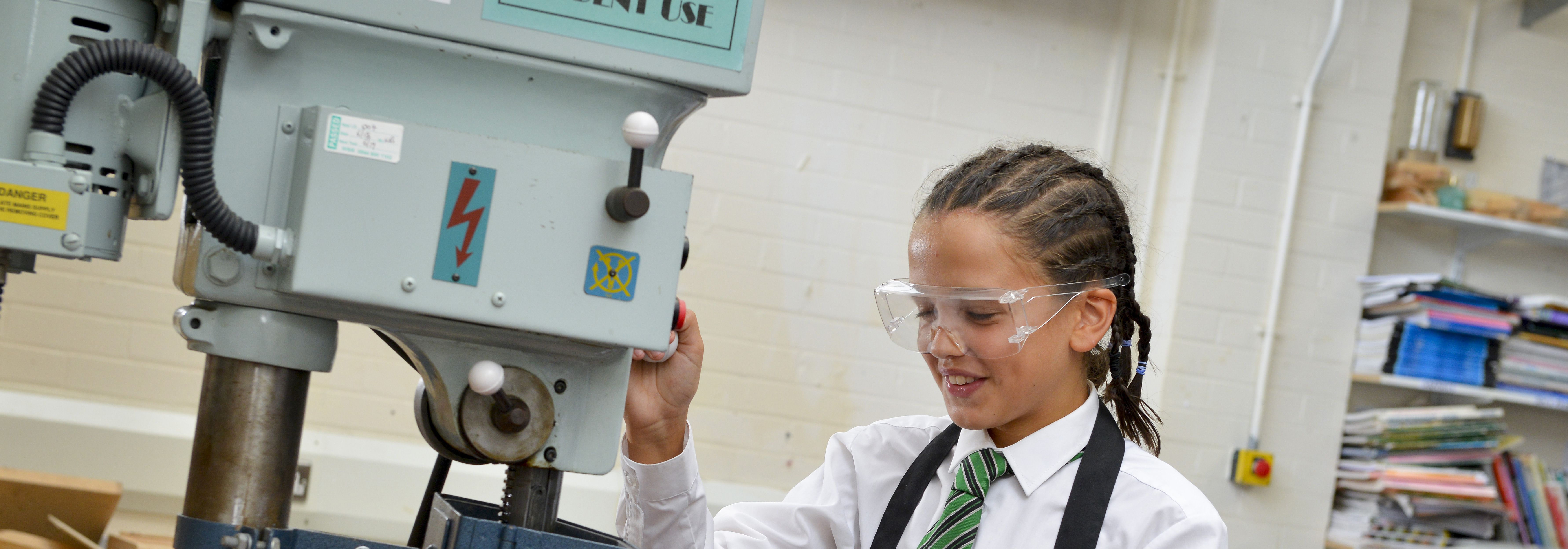Exam Specification
Qualification: GCSE Music (9–1)
Level: 1 & 2
Exam Board: Eduqas
What you learn about:
The Eduqas GCSE in Music offers a rich and inspiring blend of performing, composing, and appraising. This course encourages students to build fluency and control as musicians, develop creativity through composition, and deepen their understanding of how musical ideas connect across diverse genres and traditions. It places students firmly at the heart of music-making, whether performing solo or in groups, creating original works, or engaging in thoughtful listening.
Students will engage with four interrelated areas of study as part of their musical journey:
-
Musical Forms and Devices – Exploring Western Classical music structures like binary, ternary, minuet and trio, and rondo
-
Music for Ensemble – Investigating texture, sonority, and the dynamics of group performance in styles such as jazz, musical theatre, chamber, and Welsh folk music
-
Film Music – Studying how music supports narrative, mood, and meaning in film through composition and performance
-
Popular Music – Exploring popular genres and technologies, encouraging composition and performance in styles like pop, rock, and beyond
Assessment:
The qualification comprises three main components that integrate the key musical disciplines:
-
Component 1 – Performing
Non-exam assessment (NEA); internally assessed and externally moderated. Students perform at least two pieces (one must be an ensemble), lasting a total of 4–6 minutes. Contributes 35% of final grade. -
Component 2 – Composing
Internally assessed and externally moderated. Students compose two pieces—one set brief and one free composition—and evaluate their own creative process. Also contributes 35% of the final grade. -
Component 3 – Appraising
A written exam (approx. 1 hour, 72 marks), covering all four areas of study. Includes aural analysis, musical terminology, set work extracts, and cultural context. This accounts for 30% of the total grade.
Other Information:
-
The course is linear, meaning all components are completed at the end of the programme of study.
-
Students explore a wide range of musical elements such as melody, harmony, rhythm, texture, timbre, and tonality, supported by both theory and practical activities.
-
The qualification encourages a holistic approach to music, blending creative, theoretical, cultural, and technological perspectives.
Find out more here...











